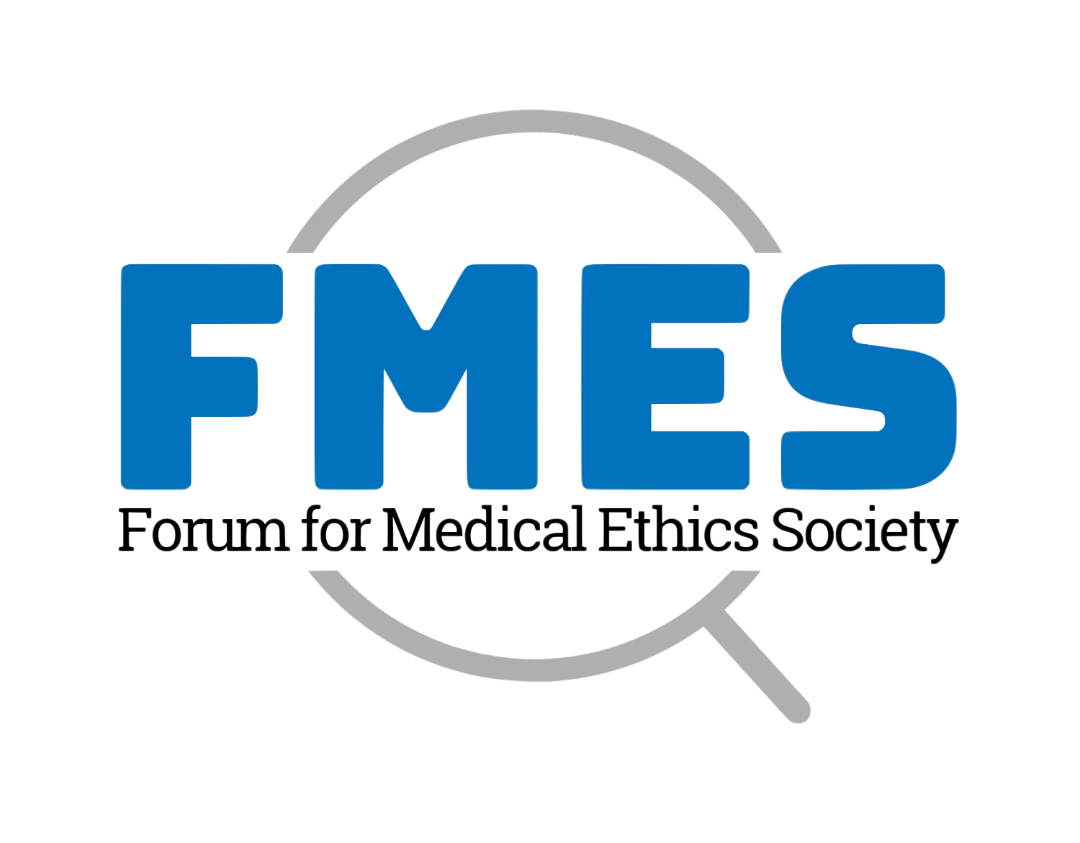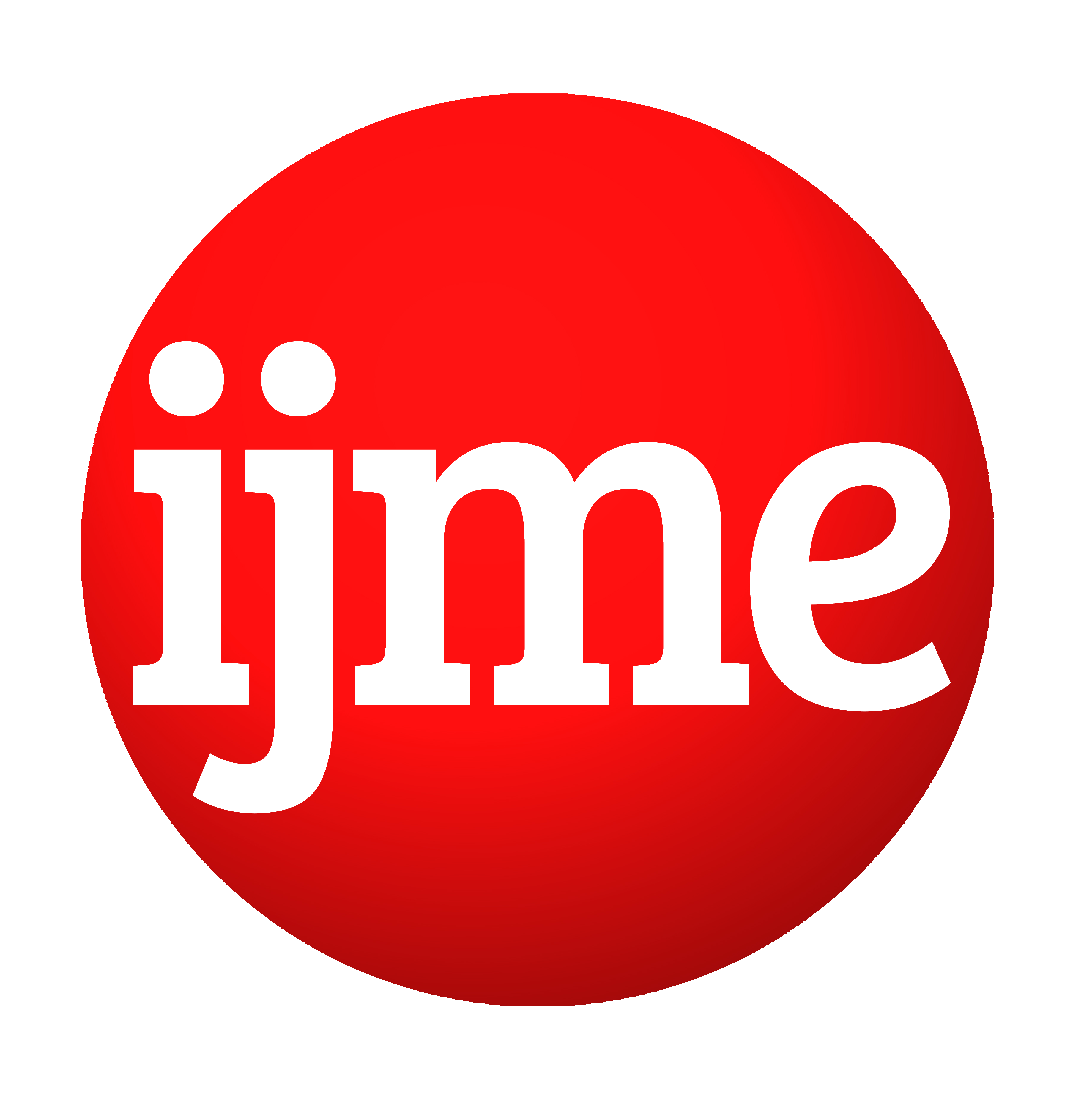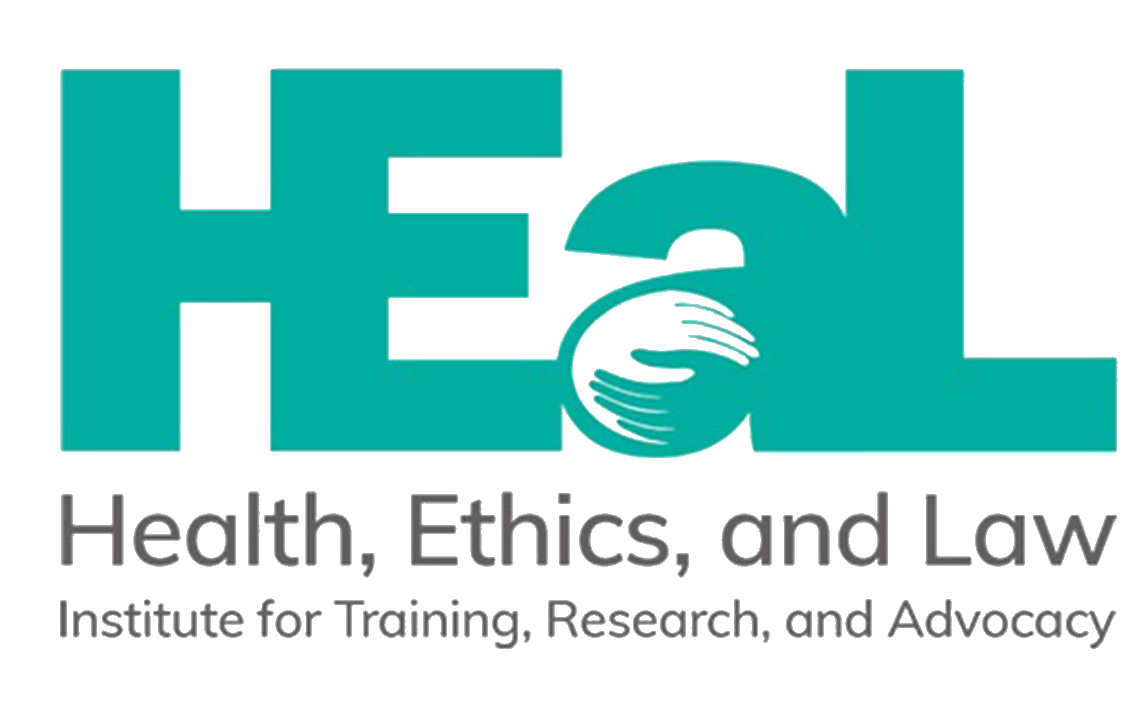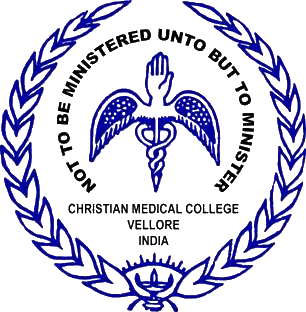For updated information, please visit the new website: https://www.worldcongressofbioethics.org/ |
Pre-Congress satellite meet "A symposium on organ donation and transplantation in a world of inequality"
Tuesday, December 4, 2018
The symposium is intended for health professionals and policy makers interested in organ donation and transplantation, as well as social scientists, ethicists, jurists, members of non-governmental organizations and students of health sciences, social sciences and humanities.
Learning objectives
After participating in this symposium participants:
- Will become familiar with key elements of organ trafficking and their ethical and professional implications
- Will be able to identify factors that influence inequities in organ donation and transplantation
- Will understand the role of ethics and law in managing risk and promoting equity in organ donation and transplantation
The symposium will enable participants to contribute, through their professional practice, policy making, advocacy or research, to future work on issues addressed throughout the day. Discussions will also help establish priorities for action in the Asian region, and assist in the formation of professional networks in the region that will contribute to action around the world to promote equity in donation and transplantation.
Level of learning
The symposium is intended for an audience of professionals, who have completed or are in the process of completing their tertiary education.
Organizers
- Dr Sanjay Nagral
- Senior Consultant and Director, Department of Surgical Gastroenterology, Jaslok Hospital and Research Center, Mumbai; Head, Department of Surgery, KB Bhabha Municipal General Hospital, Bandra; Member of the Editorial Board, Indian Journal of Medical Ethics.
- Dr Dominique Martin
- Senior Lecturer in Health Ethics and Professionalism, Deakin University; Co-chair, DICG; Member, Doha International Academy for Organ Donation; Past Co-chair of the Ethics Committee of the Transplantation Society
Presenters (confirmed)
- Prof Alexander Capron
- Scott H. Bice Chair in Healthcare Law, Policy and Ethics, Professor of Law and Medicine, Keck School of Medicine; Co-Director, Pacific Center for Health Policy and Ethics, University of Southern California; Member, DICG Council
- Prof Riadh Fadhil
- Director, Qatar Organ Donation Center; Member, WHO Organ and Tissue Transplantation Task Force; Member, DICG Council; Member, Transplantation Society Ethics Committee; Transplant Surgeon and Professor of Surgery, Weill Cornell University, Qatar
- Prof Vivek Jha
- President-elect, International Society of Nephrology; Professor of Nephrology, Head of Department of Translational and Regenerative Medicine, Officer-in-charge, Medical Education and Research Cell at the Postgraduate Institute of Medical Education and Research, Chandigarh
- Prof Elmi Muller
- Co-Chair, DICG; Councillor, the Transplantation Society; Past President, South African Society of Transplantation; Professor of Surgery, University of Cape Town, South Africa
- Dr Sumana Navin
- Course Director, MOHAN Foundation
- Dr Benita Padilla
- Past President, Philippine Society of Nephrology; Member, WHO Organ and Tissue Transplantation Task Force; Nephrologist and Member, Philippine Board of Organ Donation and Transplantation
- Dr Charitha Prasanna
- Transplant Surgeon, Sri Lanka
- Dr Sunil Shroff
- Managing Director, MOHAN Foundation; Urologist and Transplant Surgeon, Madras Medical Mission Hospital, Chennai
- Prof Daniel Fu-Chang Tsai
- Physician and Bioethicist; Director, Center for Biomedical Ethics at National Taiwan University.
- Details of additional presenters and session chairs will be confirmed as soon as possible.
Description
Opportunities for organ donation and transplantation are increasingly available around the world, offering hope to those suffering with end organ failure. The very best of clinical and scientific expertise enables transplantation, but the success of this field of medicine depends fundamentally on the generosity of human beings and social solidarity. Organ donation and transplantation occurs across lines of division within society, with individuals able to donate to or receive organs from one another irrespective of race, religion, gender or financial or social status. Nevertheless, while more and more people are gaining access to transplantation and donation including the developing world, inequities abound1.
At its worst, transplantation – or the profits to be made from transplantation - becomes a motivation for trafficking of human beings, with the poor and vulnerable used as a source of organs without regard for their welfare2. International transplant "tourism" has evoked concerns regarding the flow of trafficked organs from the poor in lower and middle income countries to the rich; similar dynamics can also be found within countries3. Additionally, unrelated paid donors who are often coerced or lured into donating are criminalised by law on the same footing as touts and health providers. In the developing world, where deceased donation is being increasingly promoted, the poor become primary donors of organs after death and only the wealthy are able to access transplant services as these surgeries, performed largely in the private sector, involve huge out-of-pocket expenditure4.
This symposium will assemble a diverse and multidisciplinary group of international, regional, and national leaders working on ethical, legal, professional and clinical aspects of issues in organ donation and transplantation. The day will comprise sessions dedicated to review and discussion of some of the biggest challenges impacting equity in donation and transplantation today, with particular emphasis on issues in the context of lower and middle-income countries in the Asian region. Participants will not only learn, but also have the opportunity to contribute to the analysis of issues and propose solutions to address such topics as the role of transplant professionals in preventing organ trafficking, ethical risk management in living organ donation, the impact of health funding policies on equity in deceased donation and transplantation, and the value of legislative change in promoting ethical practice in donation and transplantation.
Keywords: ethics; organ donation and transplantation; health equity
Funding acknowledgements: This symposium is sponsored by the Declaration of Istanbul Custodian Group (DICG) (www.declarationofistanbul.org) an organization dedicated to combating organ trafficking and promoting ethical policy and practice in organ donation and transplantation. The symposium is also supported by the MOHAN Foundation.
Notes:
1 White SL, Hirth R, Mahíllo B, Domínguez-Gil B, Delmonico FL, Noel L, Chapman J, Matesanz R, Carmona M, Alvarez M, Núñez JR. The global diffusion of organ transplantation: trends, drivers and policy implications. Bulletin of the World Health Organization. 2014 Aug 22;92:826-35.
2 Danovitch GM, Chapman J, Capron AM, Levin A, Abbud-Filho M, Al Mousawi M, Bennett W, Budiani-Saberi D, Couser W, Dittmer I, Jha V. Organ trafficking and transplant tourism: the role of global professional ethical standards—the 2008 Declaration of Istanbul. Transplantation. 2013 Jun 15;95(11):1306-12.
3 Koplin J. Assessing the likely harms to kidney vendors in regulated organ markets. The American Journal of Bioethics. 2014 Oct 3;14(10):7-18.
4 Nagral S, Amalorpavanathan J. Deceased organ donation in India: where do we go from here? Indian Journal of Medical Ethics. 2014 Jun 11(3):162-66.
For any queries regarding the content of the session, please write to: [email protected], [email protected]
Session plan will be uploaded soon...
Please CLICK HERE to register for this pre-congress.
PLEASE NOTE: You may also wish to register for day 1 of this pre-congress. If you wish to attend day 1, please ensure you register for it seperately . All the information is given on the following link.
Please click here for more information.





